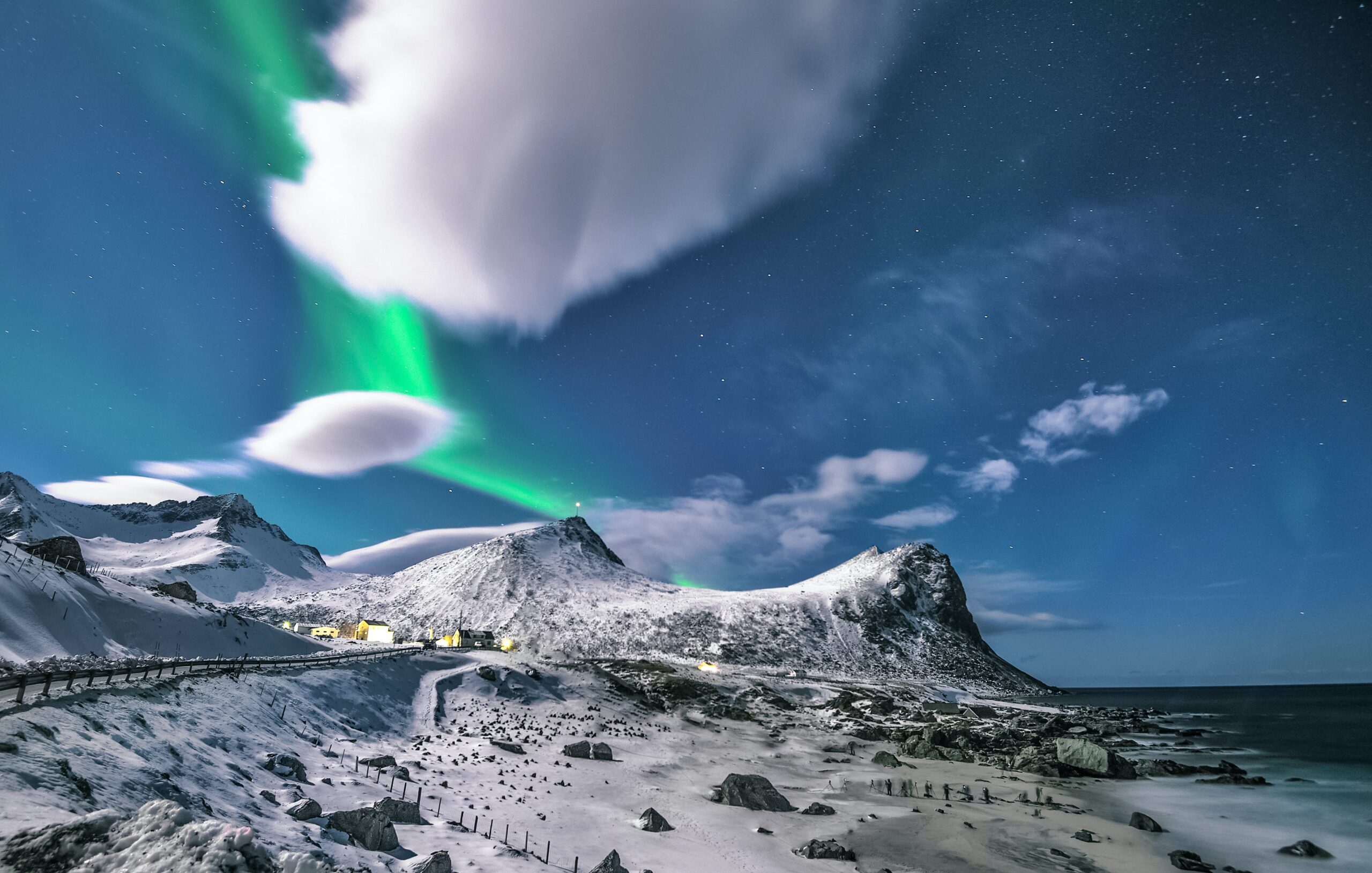The world’s glaciers and ice sheets are belching — and that’s a big problem

Low-lying islands around the world facing extinction. Coastal areas and marshes being inundated by rising seas.
Yes, the melting of the world’s glaciers and ice caps due to global warming has led to global sea levels having risen about nine inches since 1880, with four of those having come in the last 20 years, according to figures from the National Oceanographic and Atmospheric Administration (NOAA), which also warns that if climate change is not quelled, that sea waters are projected to be two feet higher on average in 2100 than they were in 2000.
Eeek! But now another troublesome twist has emerged in the mess that is melting: that disappearing ice caps and glaciers are releasing large pockets of noxious methane that have been trapped in them of underneath them for untold numbers of years.
The process is described by a study in the journal Nature, for which researchers visited the remote Norwegian archipelago of Svalbard, which lies well north of the Arctic Circle and is more than half covered in ice and glaciers.
“Glacial retreat is the big driver of gas escape here,” Andy Hodson, a glaciologist at the islands’ University Center, told CBS News. He then added a bleak warning: “What’s escaping is quite modest, but what’s down there is quite vast.”
And methane is a huge menace. Though shorter-lived than CO2, its ability to trap heat is many times more powerful. And damaging.
Meanwhile, the melting in Svalbard and elsewhere is huge. “It’s dramatic to see the changes from year to year,” Jack Kohler, an American author of the Nature study, told the outlet, adding that, “I have colleagues all over the globe who are doing similar things and they’re all seeing the same thing.”
One of the places Kohler, a glaciologist working with the Norwegian Polar Institute, is seeing the phenomenon is one of the islands’ largest glaciers, called Kronebreen, which he has seen recede two-and-a-half miles in 30 years.
“The problem is when there’s less winter precipitation up there [in the mountains], and then that large amount of melting, means that there’s an overall loss,” he said.
All of which means more methane and more global warming. Which means more melting. And so on.
Scary stuff.
Sponsor
Find a Vetted Financial Advisor
- Finding a fiduciary financial advisor doesn't have to be hard. SmartAsset's free tool matches you with up to 3 financial advisors that serve your area in 5 minutes.
- Each advisor has been vetted by SmartAsset and is held to a fiduciary standard to act in your best interests. Get on the path toward achieving your financial goals!






